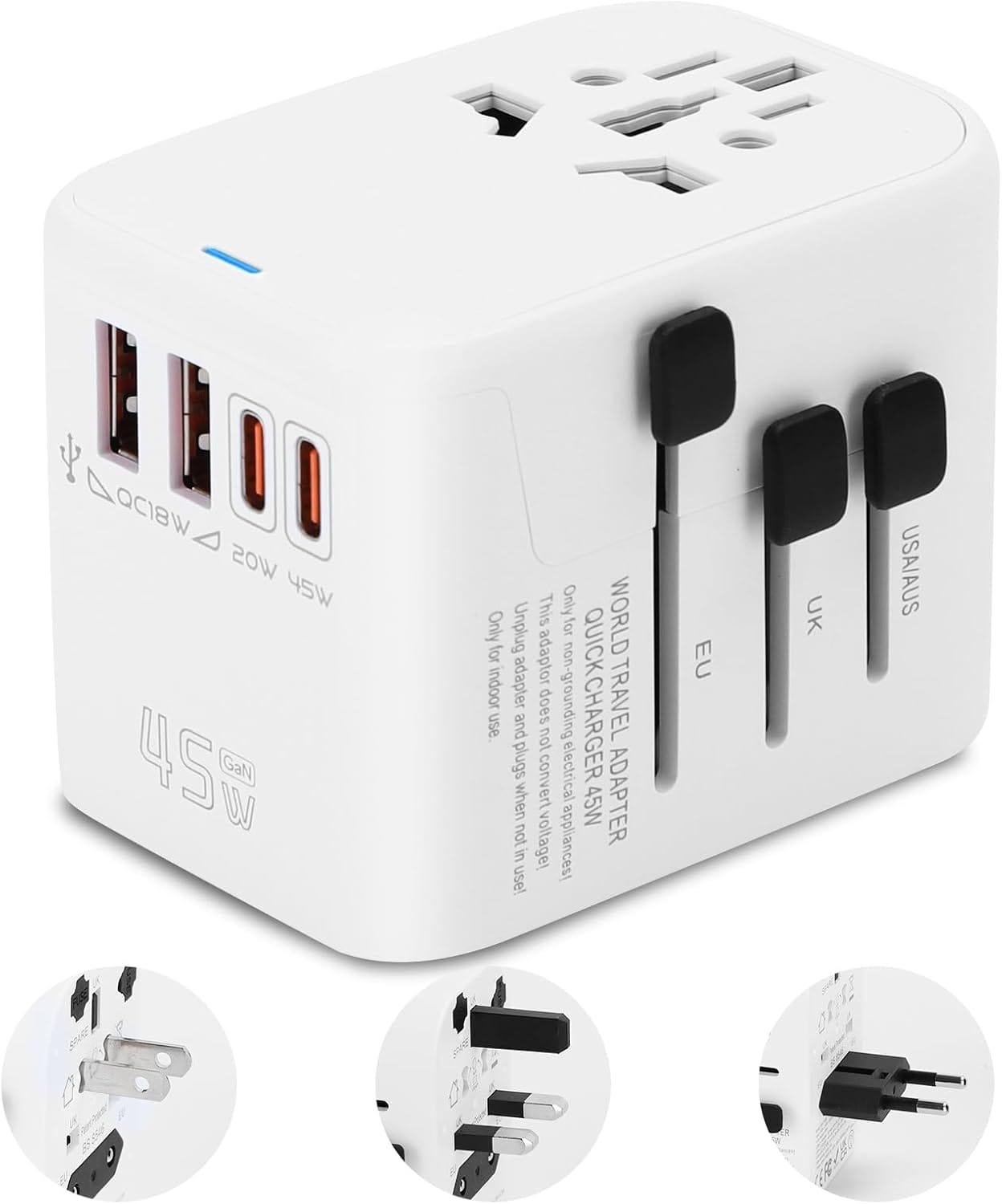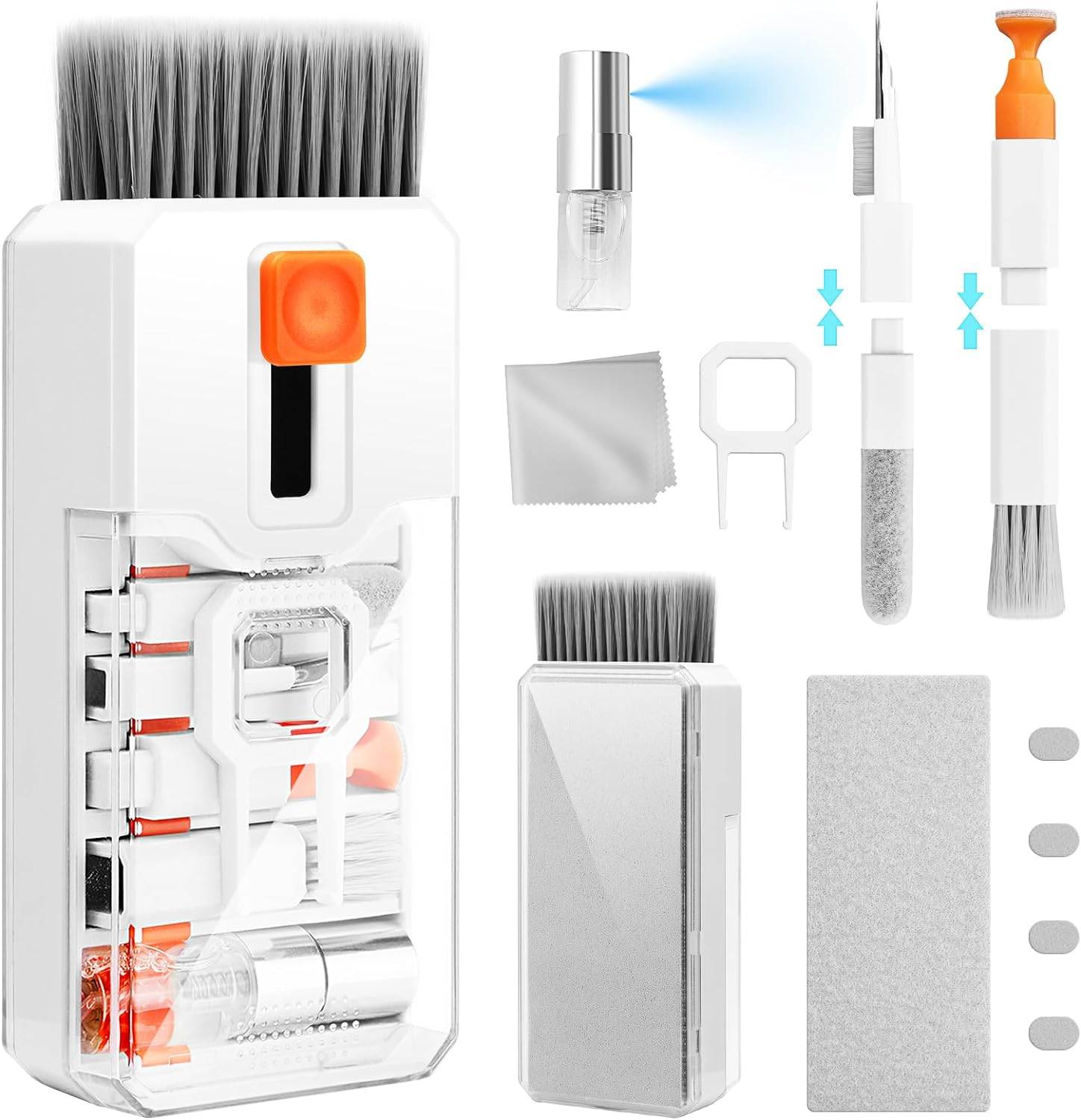Introduction
Are you struggling with coffee addiction? This guide aims to assist you in determining which coffee is right for you if you can’t stop drinking and exploring effective caffeine alternatives.
The increasing reliance on caffeine has raised concerns about its impact on health. Many individuals seek suitable alternatives to mitigate withdrawal symptoms and improve overall wellbeing.
By understanding your options, you can make informed decisions that align with your lifestyle and health goals.
Understanding Coffee Addiction
Coffee addiction, often referred to as caffeine dependence, is a physiological reliance on caffeine, a central nervous system stimulant. Regular consumption alters brain chemistry, leading to tolerance where higher doses are needed for the same stimulating effects. When individuals attempt to cut back or stop caffeine intake suddenly, they may face various withdrawal symptoms.
Common symptoms of caffeine withdrawal include:
- Headaches: A frequent complaint as the body adjusts to reduced caffeine levels.
- Irritability: Mood swings and increased sensitivity can occur during this period.
- Fatigue: The absence of caffeine may lead to feelings of lethargy and tiredness.
- Anxiety: Some individuals experience heightened anxiety or restlessness without their usual dose.
- Difficulty concentrating: Cognitive functions may temporarily decline as the body adapts.
Excessive coffee consumption can contribute to several health issues, including:
- Sleep disruption: High caffeine intake affects sleep quality and patterns.
- Increased heart rate: It can lead to palpitations and other cardiovascular concerns.
- Gastrointestinal problems: Some may experience stomach upset or discomfort due to acidity in coffee.
Recognizing these signs is essential for managing your coffee consumption and exploring healthier alternatives.
Why Consider Alternatives?
High caffeine consumption can lead to several health risks. Some potential issues include:
- Sleep disruptions: Excessive caffeine can interfere with sleep patterns, resulting in insomnia and daytime fatigue.
- Increased heart rate: High doses may cause tachycardia, leading to discomfort or anxiety.
- Gastrointestinal problems: Caffeine can irritate the stomach lining, causing issues like acid reflux or upset stomach.
Reducing caffeine intake offers numerous health benefits. These advantages include:
- Improved sleep quality: Lower caffeine consumption enhances the ability to fall asleep and stay asleep.
- Reduced anxiety levels: A decrease in caffeine can lead to calmer moods and less nervousness.
- Better hydration: Transitioning away from caffeinated beverages encourages increased water consumption.
Lifestyle changes often accompany reduced caffeine intake. Notable improvements include:
- Enhanced focus and concentration: Stabilizing energy levels can lead to better cognitive function throughout the day.
- Healthier habits: Exploring alternatives often inspires healthier dietary choices and increased interest in wellness practices.
- Greater awareness of one’s body: Becoming attuned to caffeine’s effects fosters mindfulness about other lifestyle choices.
Considering alternatives is essential for those seeking a healthier relationship with coffee and overall well-being.
Top Coffee Alternatives for the Addicted Drinker
1. Chicory Coffee
Chicory coffee offers a unique taste experience, often described as nutty and slightly sweet. Made from roasted chicory root, this alternative is caffeine-free, making it an ideal choice for those looking to reduce their caffeine intake. The preparation involves:
- Roasting: Chicory roots are cleaned, roasted, and ground into a fine powder.
- Brewing: Similar to traditional coffee, you can brew chicory using a coffee maker or steep it in hot water.
Health benefits associated with chicory coffee include:
- Digestive Health: Rich in inulin, a prebiotic fiber that supports gut health.
- Anti-inflammatory Properties: Contains antioxidants that may help reduce inflammation.
For those questioning which coffee is right for you if you can’t stop drinking, chicory coffee serves as an excellent substitute. It mimics the deep flavors of coffee without the stimulating effects of caffeine. Transitioning to chicory could ease the dependency on traditional coffee while still allowing you to enjoy a warm, comforting beverage. This caffeine-free option creates a smooth shift away from your usual cup while maintaining enjoyment in your daily routine.
2. Matcha Tea
For coffee lovers looking to cut down on caffeine, matcha tea emerges as a top alternative. This finely ground green tea offers a unique preparation method and numerous health benefits.
Preparation
To prepare matcha, whisk 1-2 teaspoons of matcha powder with hot water until frothy. This forms a vibrant green beverage that is both visually appealing and rich in flavor.
Health Benefits
- High in antioxidants, promoting overall health.
- Contains L-theanine, which helps enhance focus and calmness without the jitters associated with coffee.
- May boost metabolism and support weight loss efforts.
Consider matcha tea if you’re seeking a satisfying drink that supports your journey toward reducing caffeine intake. Along with options like chicory coffee, yerba mate, and rooibos tea, it provides a flavorful experience while minimizing caffeine dependence.
3. Yerba Mate
If you’re a coffee lover looking for alternatives to reduce your caffeine intake, yerba mate is a great choice. This traditional South American drink is made from the leaves of the Ilex paraguariensis plant. It has a distinct flavor—earthy and slightly bitter—that makes it different from chicory coffee or rooibos tea.
Yerba Mate Properties:
- Caffeine Content: Contains about 30-50 mg of caffeine per serving, significantly less than traditional coffee.
- Health Benefits: Rich in antioxidants, vitamins, and minerals. Promotes mental clarity and energy without the jitters associated with higher caffeine levels.
- Preparation: Brewed using hot water (not boiling) and enjoyed from a gourd with a bombilla (metal straw).
Trying out yerba mate can be an enjoyable way to explore while you work on reducing your caffeine consumption. If you’re unable to give up coffee completely, consider yerba mate as a balanced substitute.
4. Rooibos Tea
Rooibos tea, originating from South Africa, is a fantastic alternative for coffee lovers looking to reduce their caffeine intake. This herbal infusion is made from the leaves of the Aspalathus linearis plant and boasts a naturally sweet and slightly nutty flavor profile.
Key characteristics of rooibos tea include:
- Flavor: Its unique taste is often described as smooth with hints of vanilla and caramel, making it a delightful choice for various recipes.
- Culinary Uses: Rooibos can be enjoyed on its own or blended into lattes, smoothies, and desserts. It also pairs well with spices like cinnamon and ginger.
This caffeine-free option stands alongside alternatives like chicory coffee, matcha tea, yerba mate, golden milk, dandelion coffee, mushroom coffee, and other herbal teas. If you find yourself questioning which coffee is right for you if you can’t stop drinking, rooibos tea may be an excellent choice worth exploring.
5. Golden Milk
Golden milk is a delicious and nutritious alternative for coffee lovers looking to cut back on caffeine. This vibrant drink primarily consists of:
- Turmeric: A key ingredient known for its anti-inflammatory properties, thanks to the active compound curcumin.
- Coconut milk: Provides a creamy texture and healthy fats, enhancing the absorption of turmeric’s benefits.
- Black pepper: Increases the bioavailability of curcumin, making its health benefits more effective.
- Honey or maple syrup: Natural sweeteners that add flavor without refined sugars.
These ingredients work together to support overall wellness while offering a comforting beverage similar to traditional coffee options like chicory coffee and matcha tea.
6. Dandelion Coffee
Looking for a coffee substitute? Dandelion coffee is an excellent choice for those wanting to reduce caffeine intake.
How It’s Made
Dandelion coffee is made by roasting dandelion roots until they are dark and aromatic. The roasted roots are then ground into a fine powder, which can be brewed like traditional coffee.
Health Benefits
- Rich in antioxidants, dandelion root supports liver health.
- It may aid digestion and help detoxify the body.
- Some studies suggest it has anti-inflammatory properties.
Dandelion coffee offers a unique flavor profile while providing potential health benefits that might make it the right choice if you can’t stop drinking coffee.
7. Mushroom Coffee
Mushroom coffee is an innovative blend that combines traditional coffee with medicinal mushrooms, such as reishi, chaga, and lion’s mane. These mushrooms offer various health benefits, including enhanced focus and immune support.
Taste and Caffeine Levels:
- Mushroom coffee typically has a smoother, earthier flavor profile compared to regular coffee.
- It contains less caffeine, making it a suitable option for those looking to reduce their intake without sacrificing the ritual of a warm beverage.
Choosing mushroom coffee can cater to your preferences while providing a unique way to enjoy the benefits of both coffee and functional mushrooms. If you’re seeking alternatives like chicory coffee, matcha tea, or rooibos tea, consider how mushroom blends fit into your lifestyle.
8. Herbal Teas
If you’re a coffee lover looking for alternatives, herbal teas are a great way to reduce your caffeine intake. These drinks come in a variety of flavors and offer health benefits, making them a satisfying choice without the jitters that traditional coffee can bring. Here are some popular herbal teas you might want to try:
- Chamomile Tea: Known for its calming effects, chamomile tea can help improve sleep quality and reduce anxiety.
- Peppermint Tea: This refreshing option aids digestion and boosts mental clarity without caffeine.
- Rooibos Tea: Naturally caffeine-free, rooibos boasts antioxidants and a unique flavor profile, perfect for those looking to explore new tastes.
- Lemon Balm Tea: Offers a mild sedative effect, promoting relaxation and stress relief.
These options allow you to enjoy soothing beverages while cutting back on caffeine.
Tips for Transitioning Away from Traditional Coffee
Transitioning away from traditional coffee requires a thoughtful approach. Here are effective strategies to consider:
1. Gradual Reduction Strategy
- Start by cutting down your daily intake slowly. For instance, reduce the number of cups you drink each day or switch to smaller servings.
- Mix regular coffee with decaf to lessen caffeine levels gradually. This method can help your body adjust without severe withdrawal symptoms.
2. Hydration Importance
- Staying hydrated is crucial during this transition period. Increased water intake can mitigate cravings and support overall well-being.
- Herbal teas or flavored water can serve as enjoyable alternatives while keeping you hydrated.
Choosing the right coffee option can ease this journey if you find it challenging to let go completely. Light roast coffees offer lower caffeine content compared to dark roasts. Some individuals may prefer cold brew options, which typically have less acidity and might be easier on the stomach.
By implementing these strategies, you create a smoother path toward reducing your dependence on caffeine while maintaining your energy and focus throughout the day.
Conclusion
Choosing the right coffee for you requires careful consideration, especially if you find it challenging to stop drinking due to addiction-like symptoms. Identifying suitable alternatives can provide relief while maintaining the comforting ritual of a warm beverage.
When evaluating options, think about:
- Caffeine Content: Opt for lower-caffeine choices like chicory coffee or herbal teas.
- Health Benefits: Consider beverages like matcha tea or golden milk that offer additional health perks.
- Flavor Profiles: Explore unique flavors in yerba mate or rooibos tea to keep your taste buds engaged.
Transitioning away from traditional coffee doesn’t mean sacrificing enjoyment. The key lies in understanding your needs and preferences. For those who still crave the coffee experience, combining regular and decaf might ease the shift.
To support this journey, stay hydrated and remember to listen to your body’s signals. Each person’s path will vary; finding the right balance is essential. Ultimately, choosing alternatives that align with your health goals will lead to a more satisfying and sustainable coffee experience.
FAQs (Frequently Asked Questions)
What is coffee addiction and how does it affect health?
Coffee addiction, or caffeine dependence, occurs when individuals become reliant on caffeine to function normally. Symptoms may include headaches, fatigue, irritability, and difficulty concentrating during withdrawal. Excessive consumption can lead to increased heart rate, anxiety, and digestive issues.
What are the benefits of reducing caffeine intake?
Reducing or eliminating caffeine from your diet can lead to numerous health benefits such as improved sleep quality, reduced anxiety levels, better hydration, and a decrease in the risk of certain health conditions like high blood pressure.
What are some effective alternatives to traditional coffee?
Some popular alternatives to traditional coffee include chicory coffee, matcha tea, yerba mate, rooibos tea, golden milk, dandelion coffee, mushroom coffee, and various herbal teas. Each offers unique flavors and health benefits that can help reduce caffeine intake.
How is chicory coffee made and what are its health benefits?
Chicory coffee is made by roasting and brewing the roots of the chicory plant. It has a rich flavor similar to coffee but is caffeine-free. Chicory coffee may aid digestion and support liver health due to its anti-inflammatory properties.
What is mushroom coffee and how does it differ from regular coffee?
Mushroom coffee blends traditional coffee with medicinal mushrooms like chaga or reishi. It typically contains less caffeine than regular coffee while providing additional health benefits such as enhanced immunity and reduced stress.
How can I transition away from traditional coffee successfully?
To transition away from traditional coffee, consider a gradual reduction strategy by slowly decreasing your intake over time. Staying hydrated is also crucial during this process to help alleviate withdrawal symptoms.









